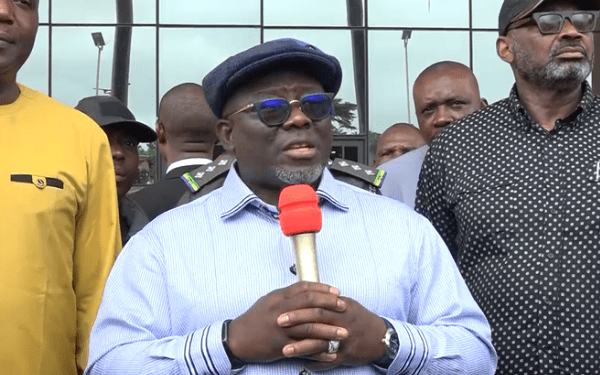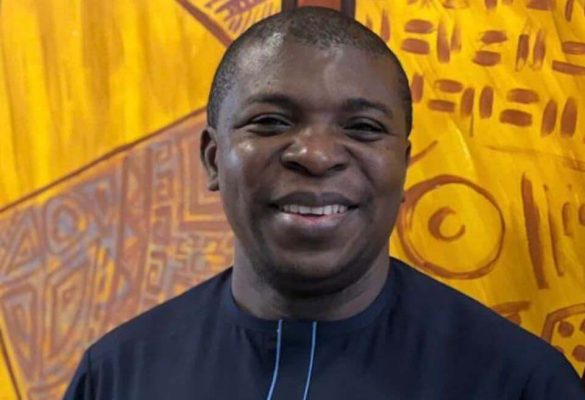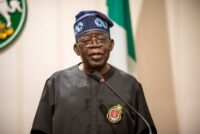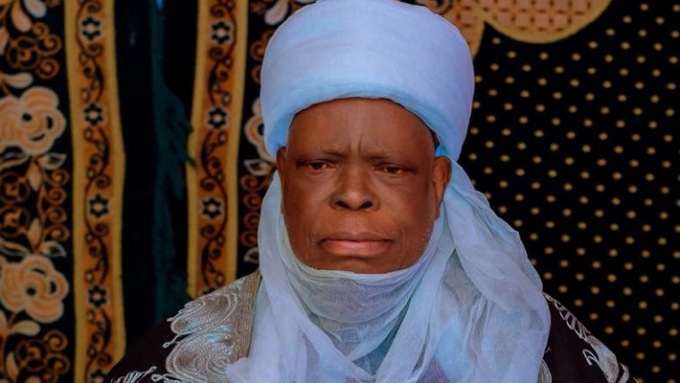
The Delta State Governor, Sheriff Oborewvori, has said the state is ready to support responsible investors for sustainable growth.
Oborevwori spoke on Tuesday at the groundbreaking ceremony of the Cubana Millennium City in Okpaman, in the Oshimili North Local Government Area of the state.
The governor, represented by the Deputy Governor, Mr Monday Onyeme, noted that Cubana Millennium City speaks to the present and future of the state.
He said, “This proves something we already know: Delta State is open for business, open for investment, and ready for sustainable growth.
“Our administration is guided by the M.O.R.E. Agenda; every project we encourage and support must align with these pillars, and I am proud to say that Cubana Millennium City fully reflects the spirit and vision of the M.O.R.E. Agenda.
“We are not just turning the soil. We are turning a new page in the story of Delta’s development. This partnership with the Cubana Group is a model for how government and the private sector can collaborate to deliver progress that is tangible and sustainable.
“The state government will continue to support responsible investors who share her vision for prosperity and who are committed to improving the lives of her people.”
He described the groundbreaking as more than the commencement of a construction project but the birth of a new economic ecosystem, a catalyst for job creation, a driver of investment, and a model for modern urban living in our state.
Earlier, the Chairman of the Cubana Group, Chief Obinna Iyiegbu (Obi Cubana), said the Cubana Millennium City is a project that will transform into a world-class community, describing it as a destination that will redefine lifestyle, entertainment, hospitality, and investment opportunities in this region, connecting the South and the East.
He said the goal of the Cubana Group is to build a modern ecosystem where people can live, work, relax, and thrive without leaving the environment.
“The project represents vision, commitment, and possibilities, and the belief of the Cubana group that Nigerian cities deserve world-class development with safe communities, smart homes, integrated commercial zones, green areas, entertainment clusters, and infrastructure that truly supports the dreams of young people.
“It will engage hundreds of workers during construction and thousands more upon completion and will attract local and international attention, raising the profile of Asaba as one of the fastest-growing urban centres in Nigeria, “ he said.


















Leave a comment